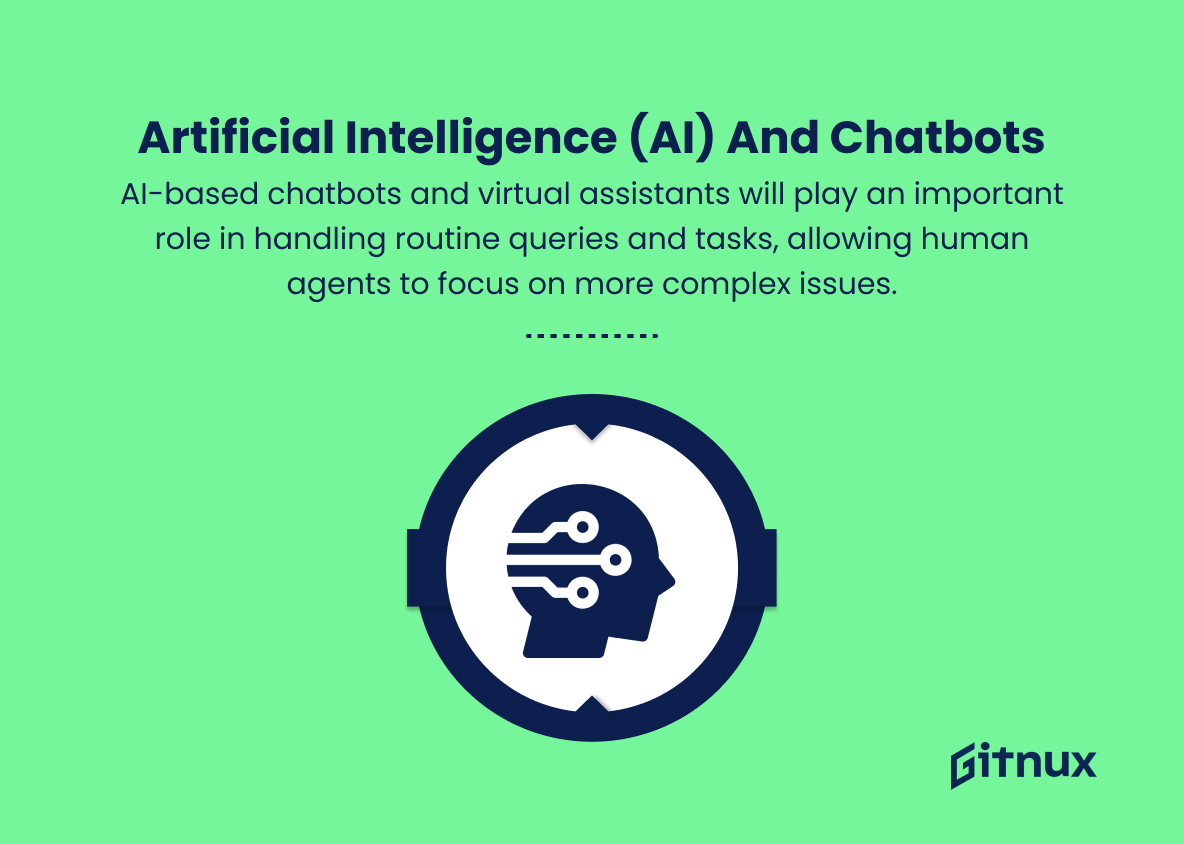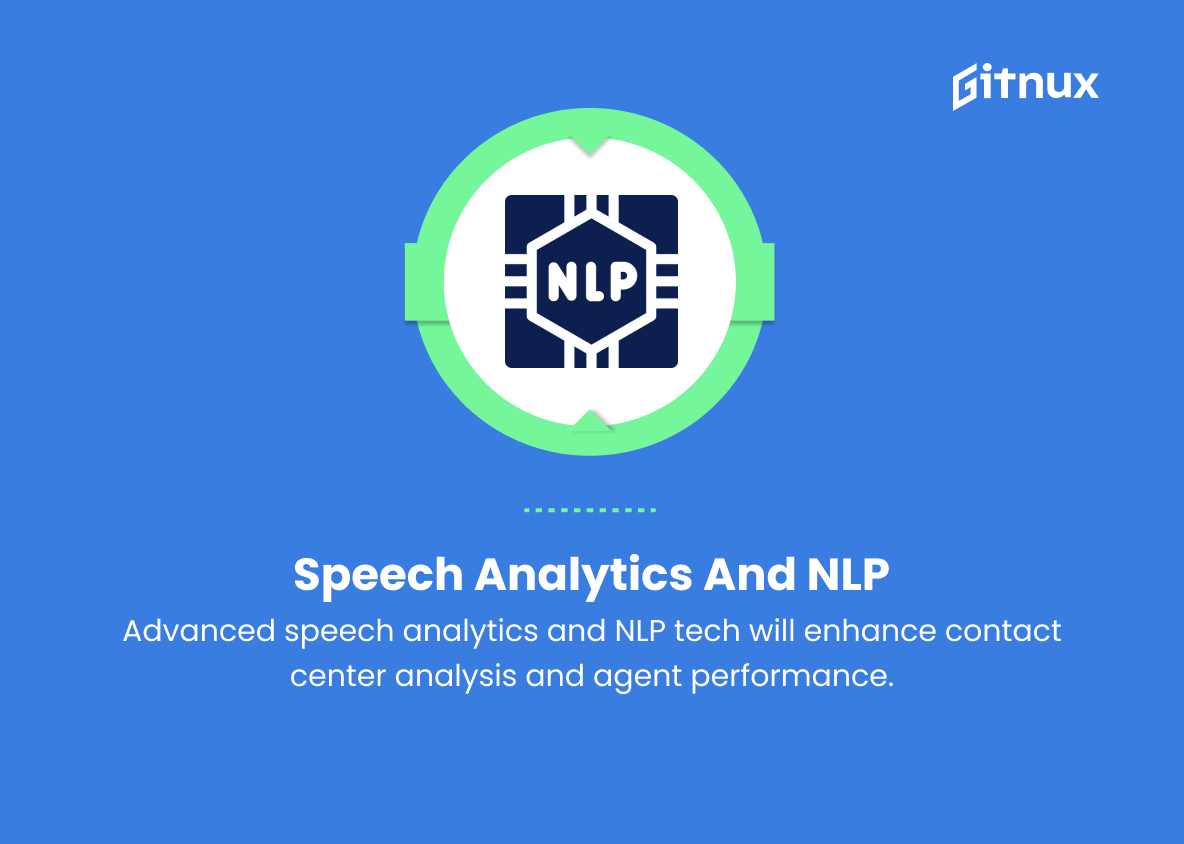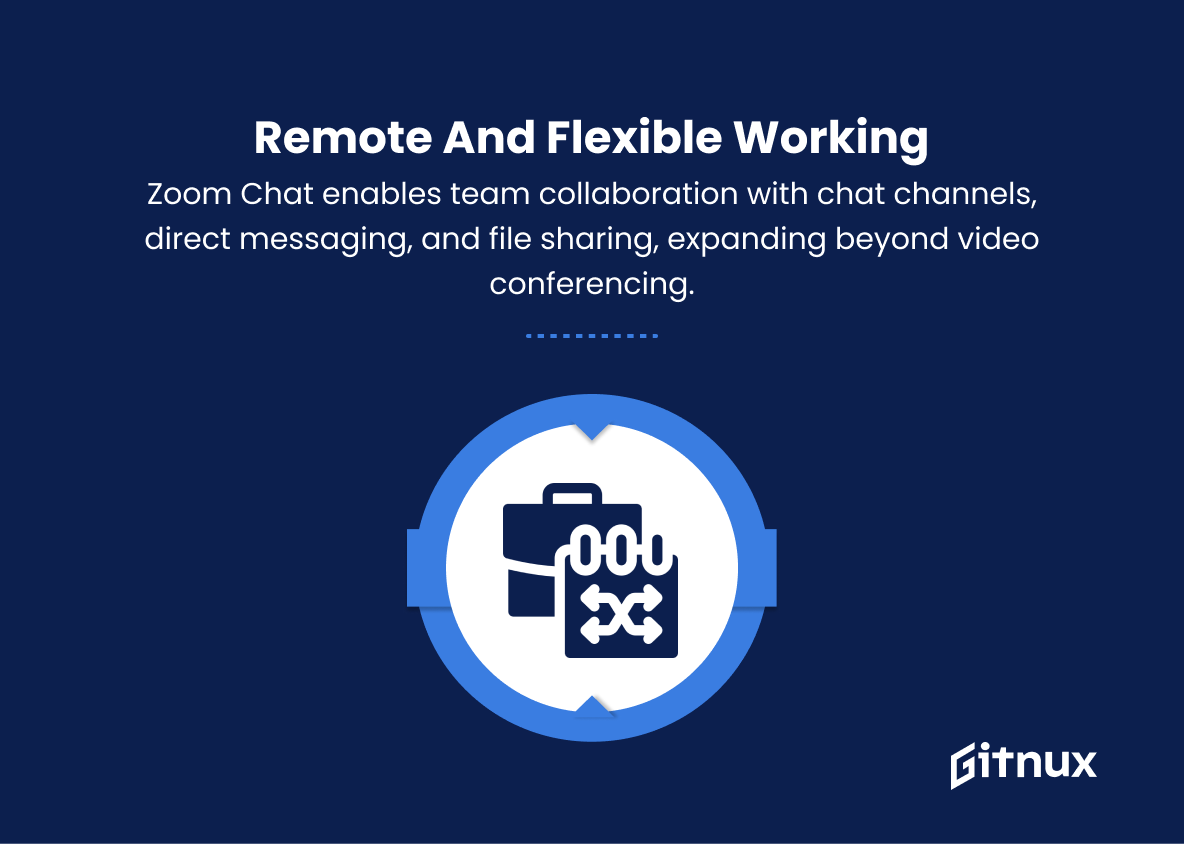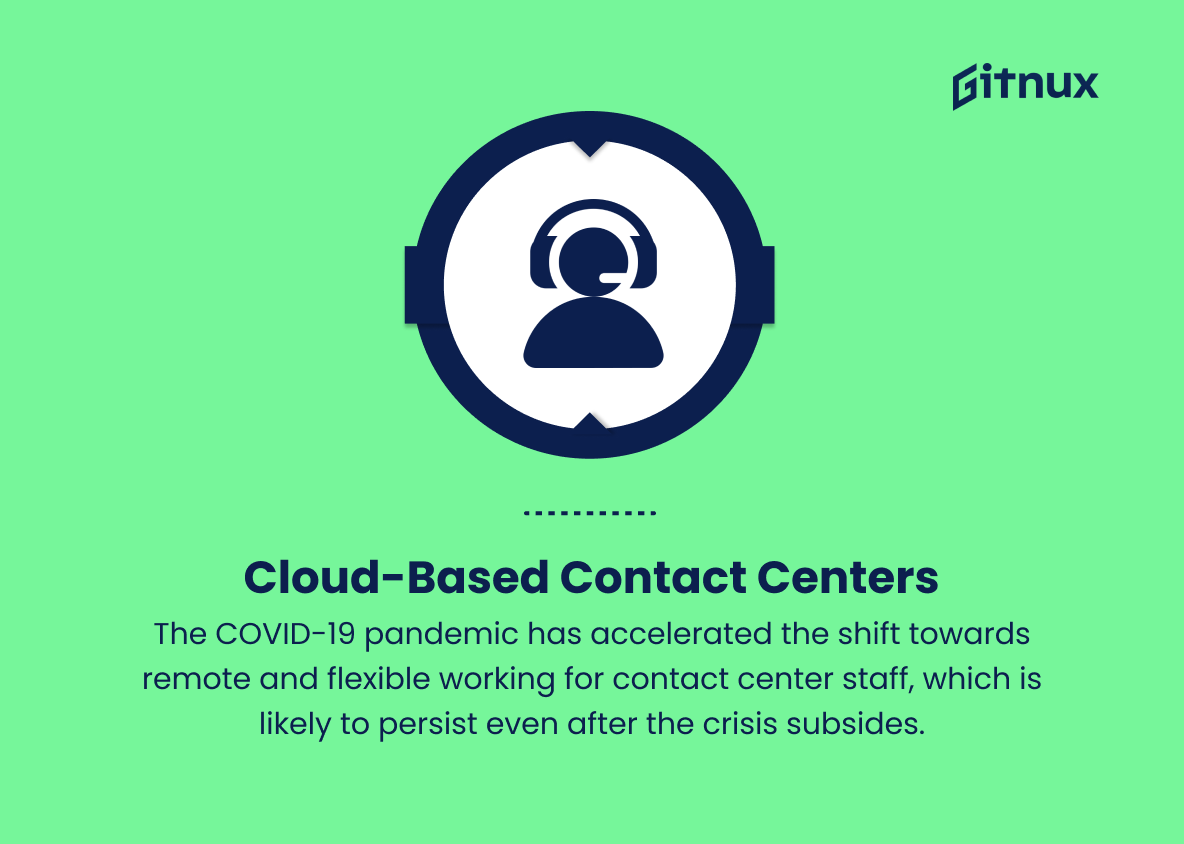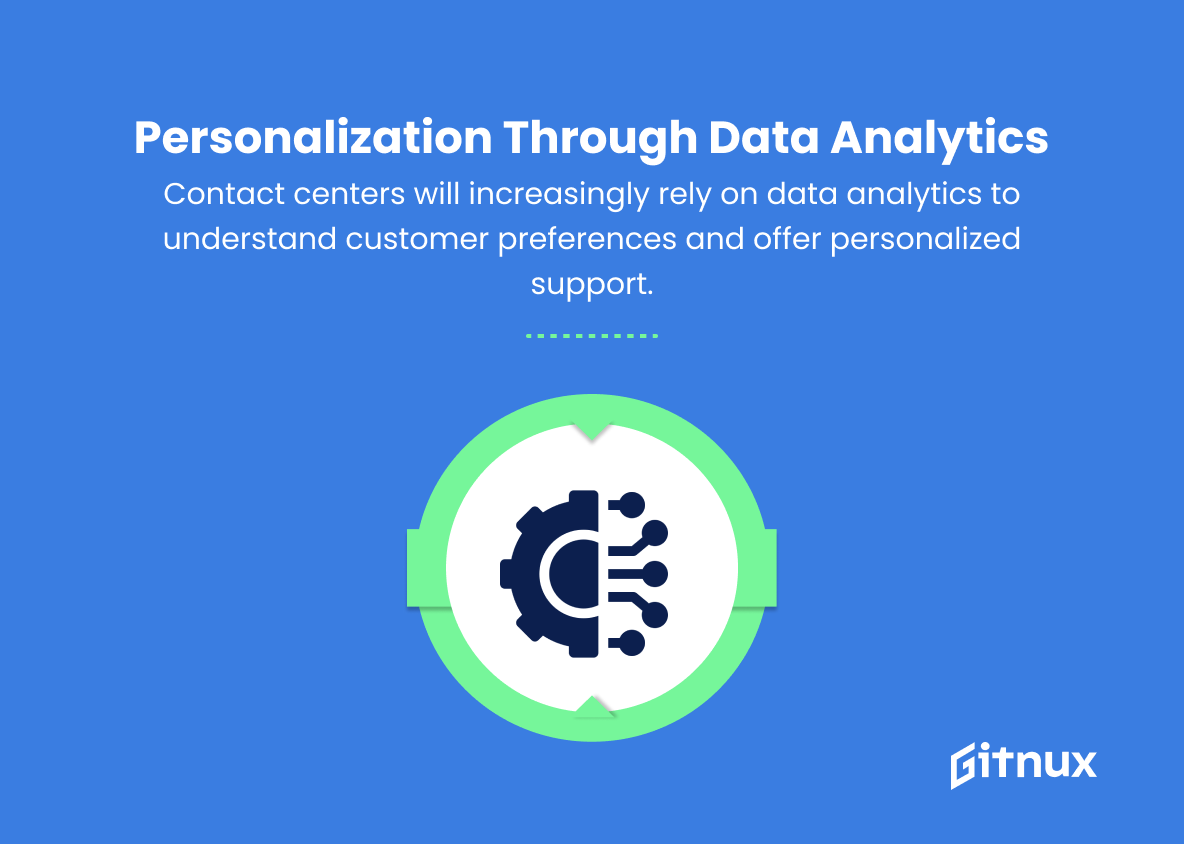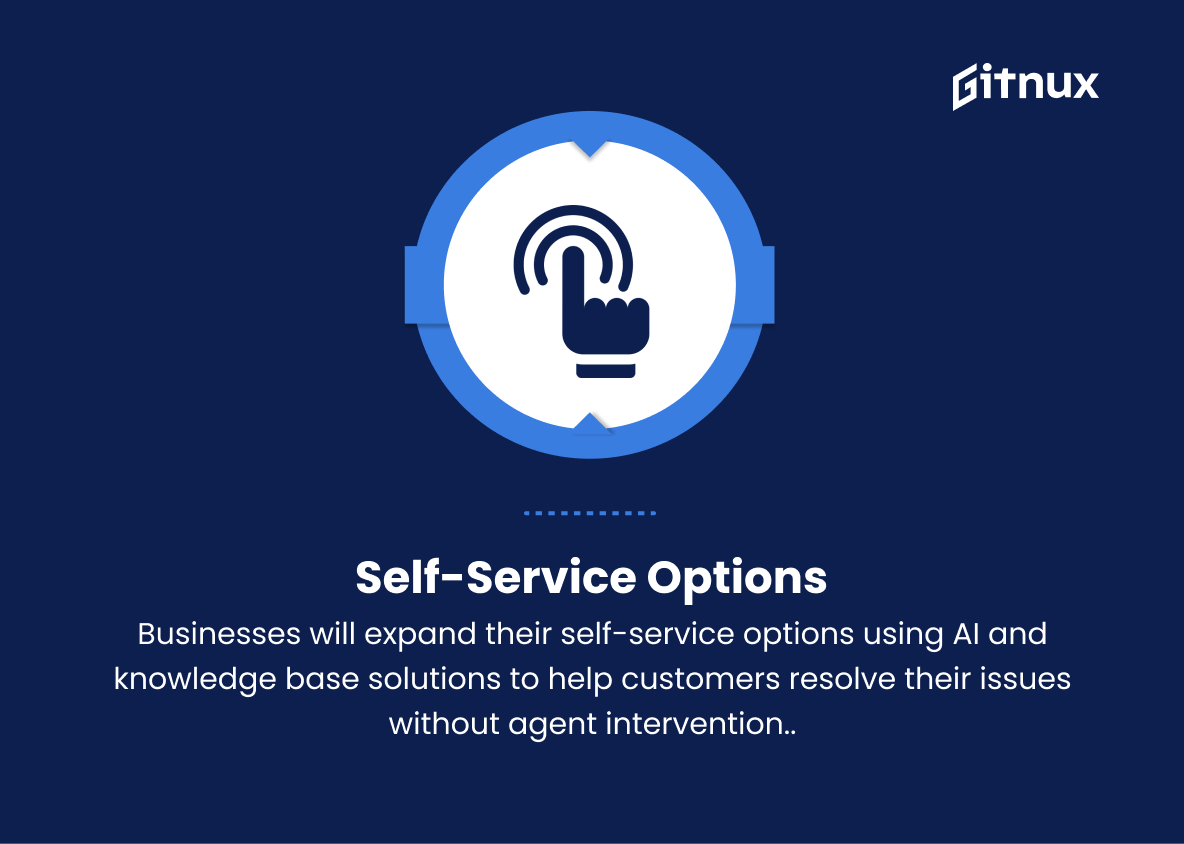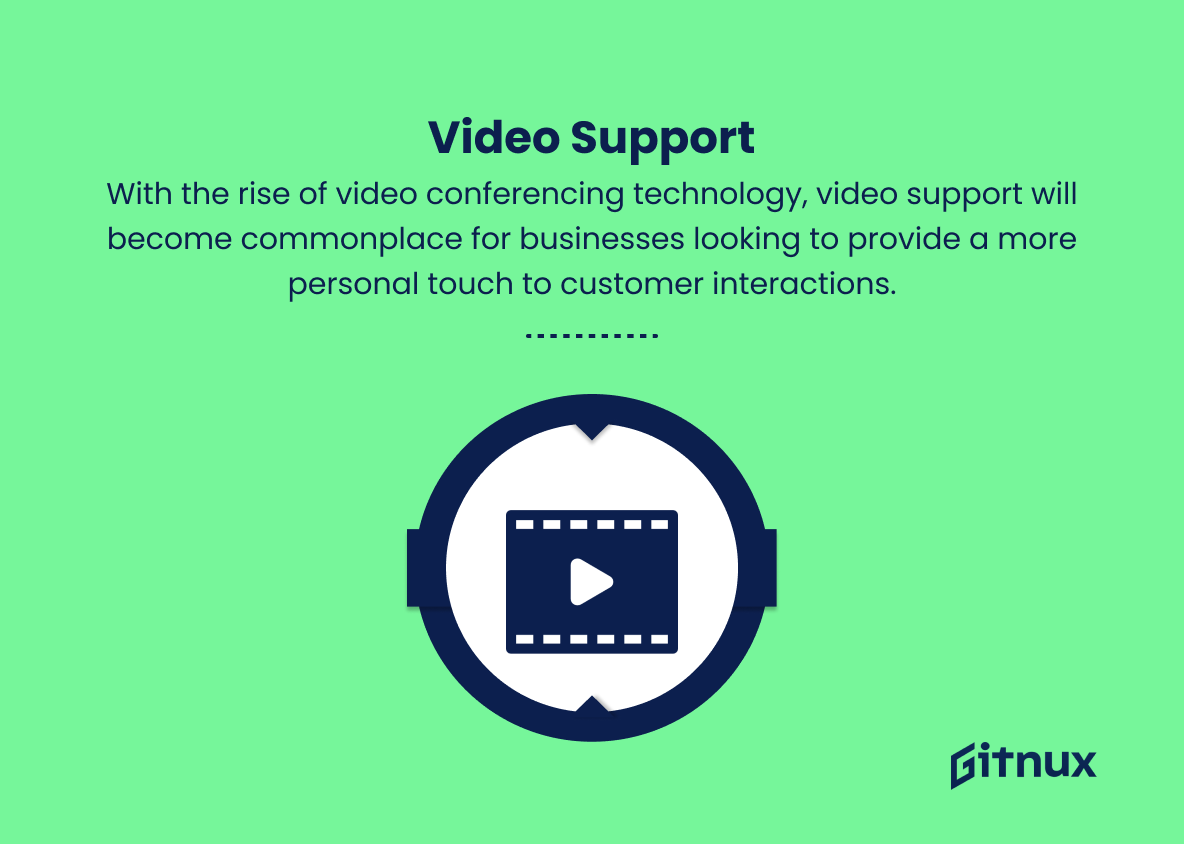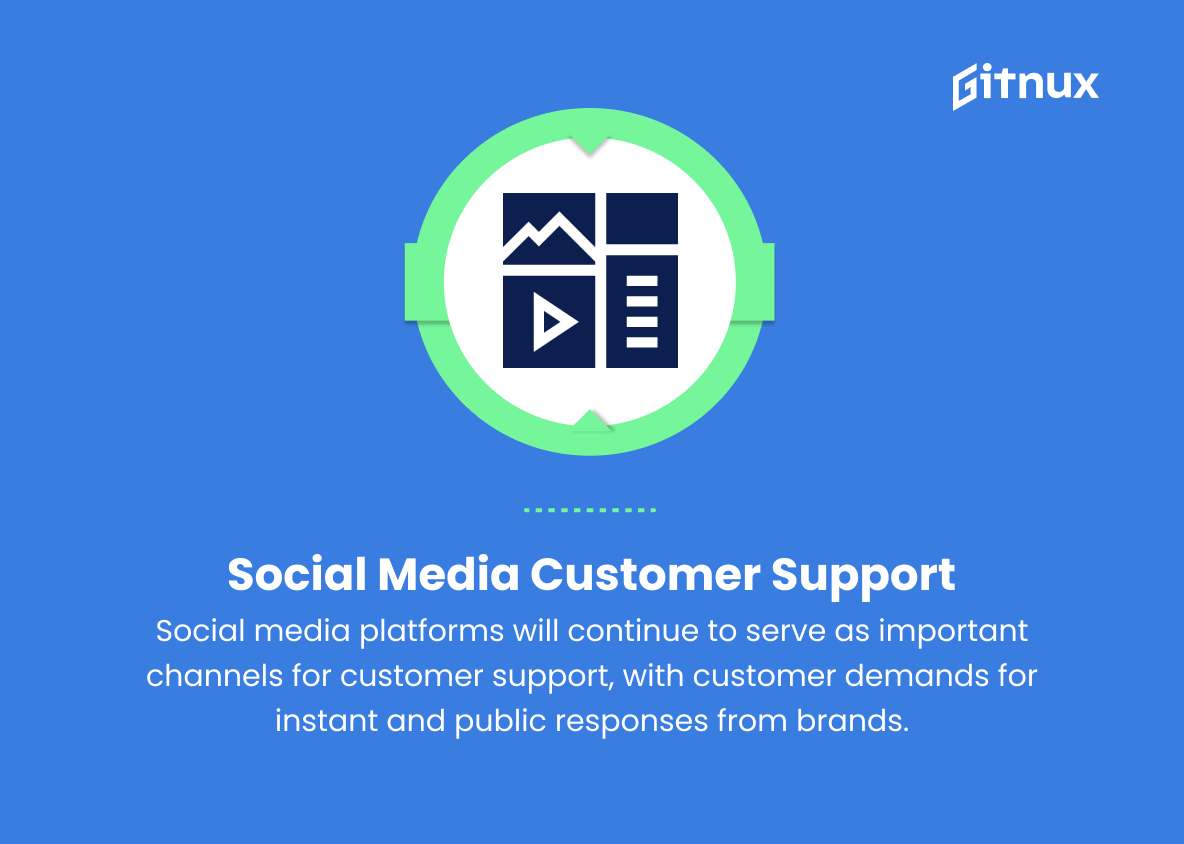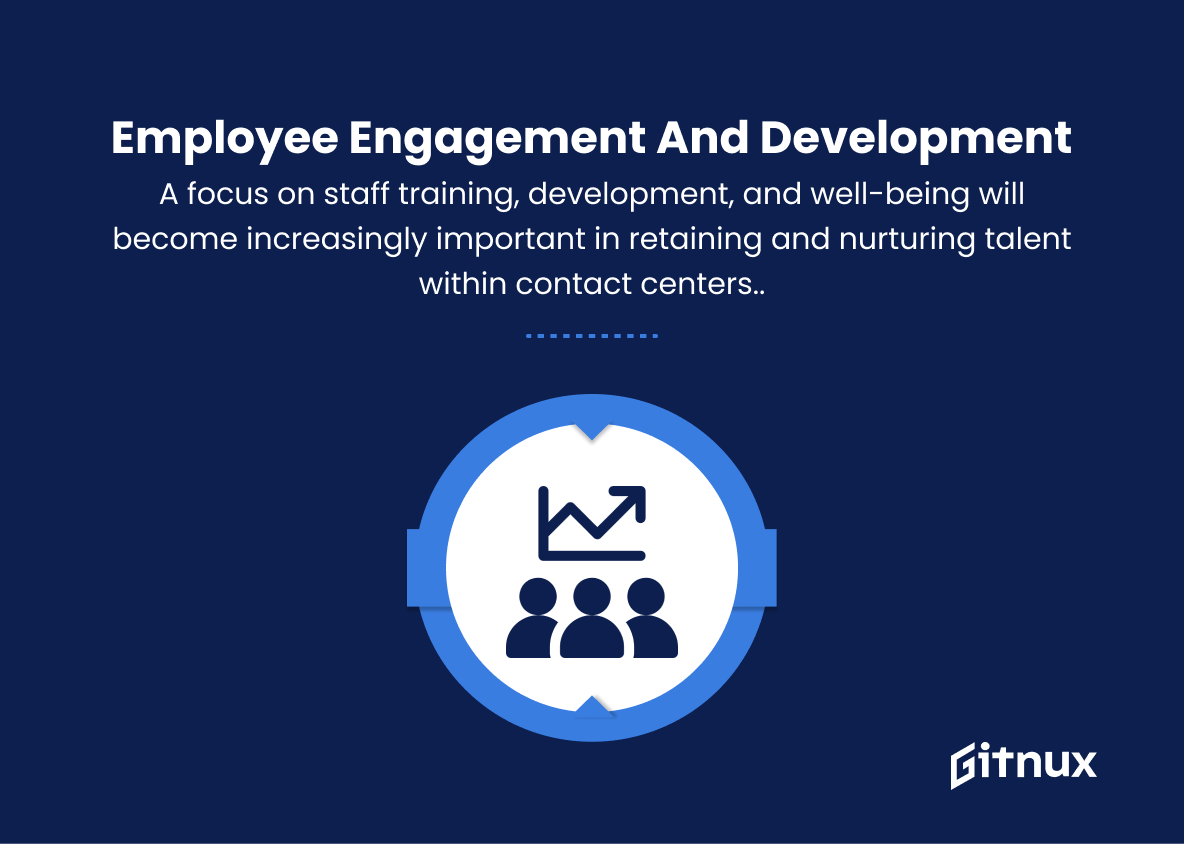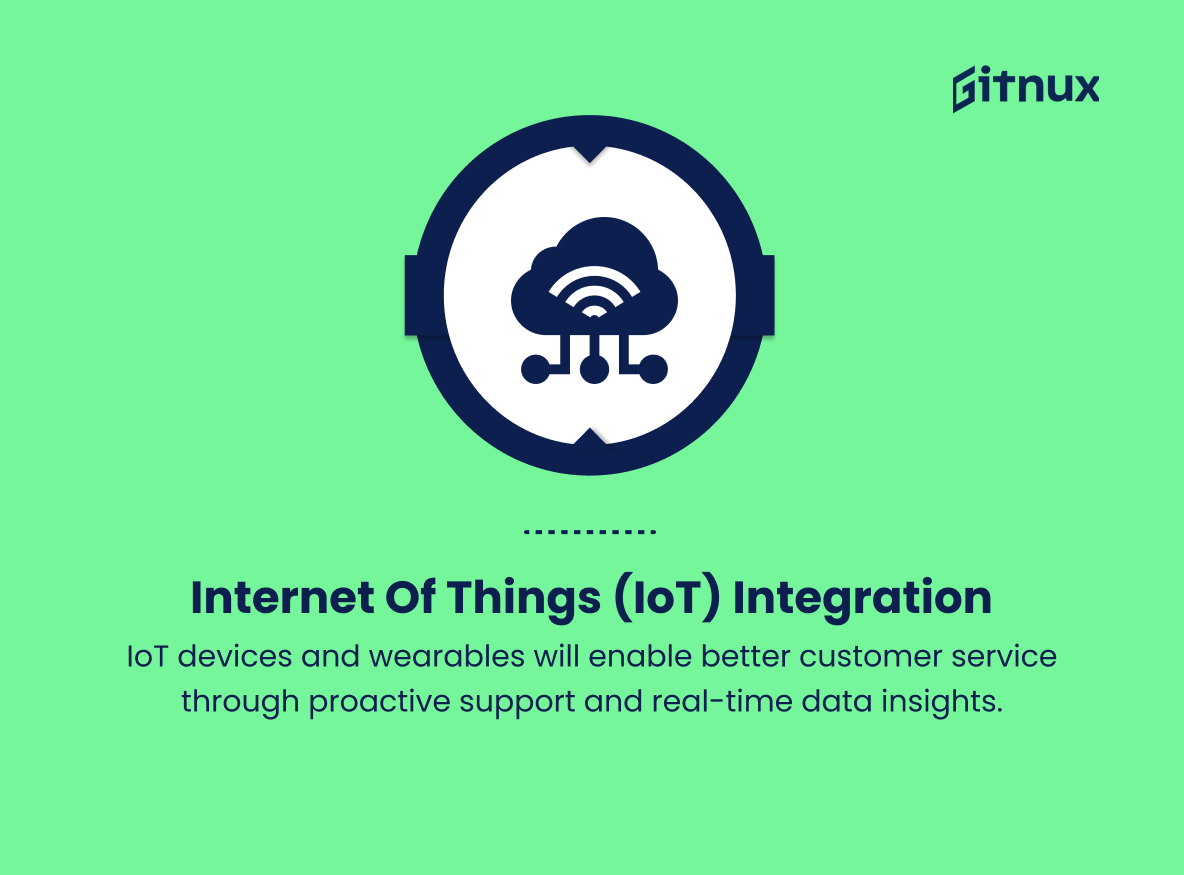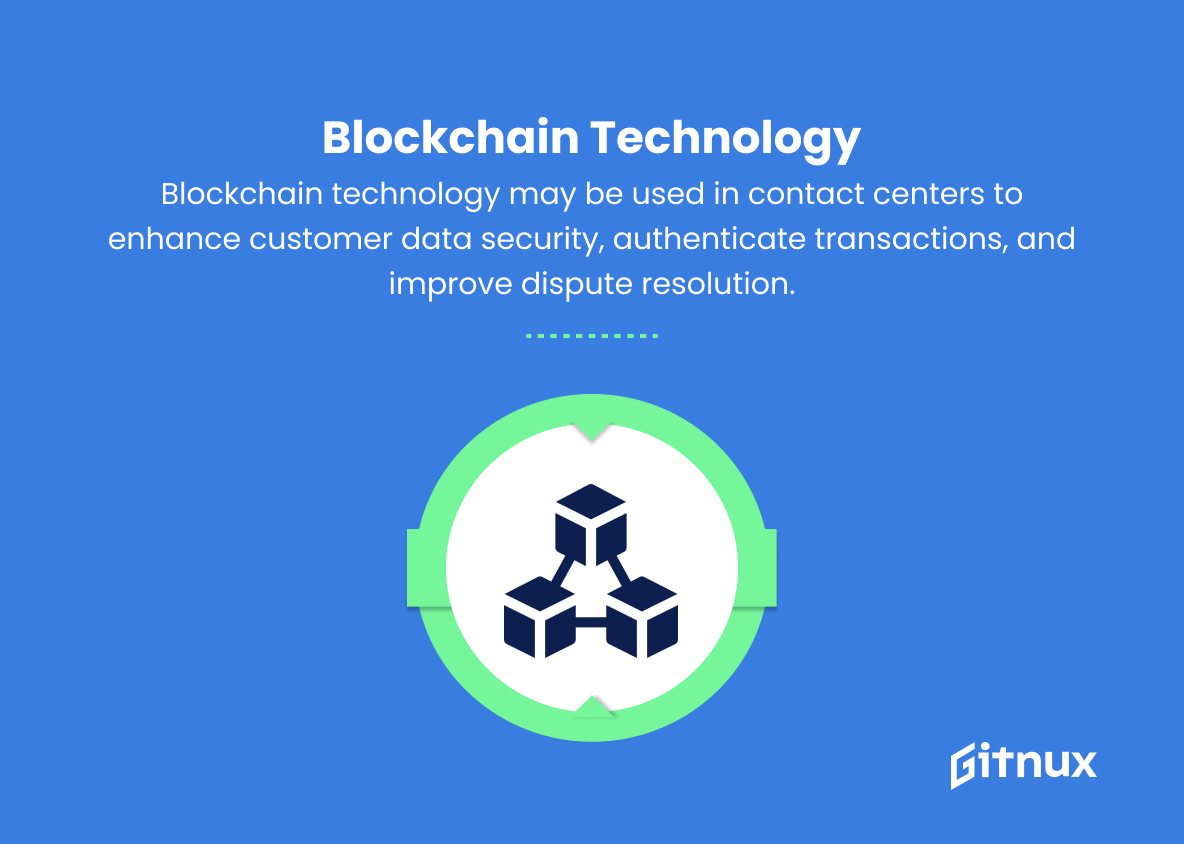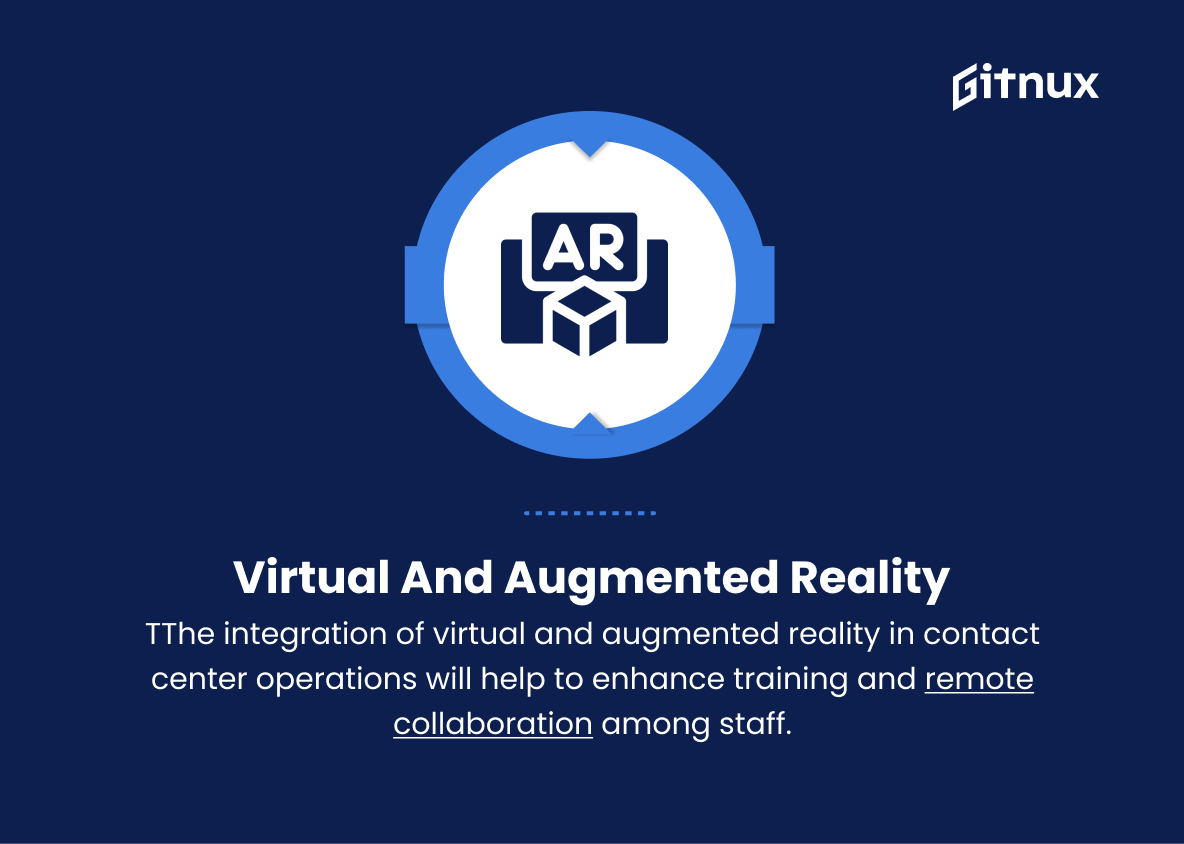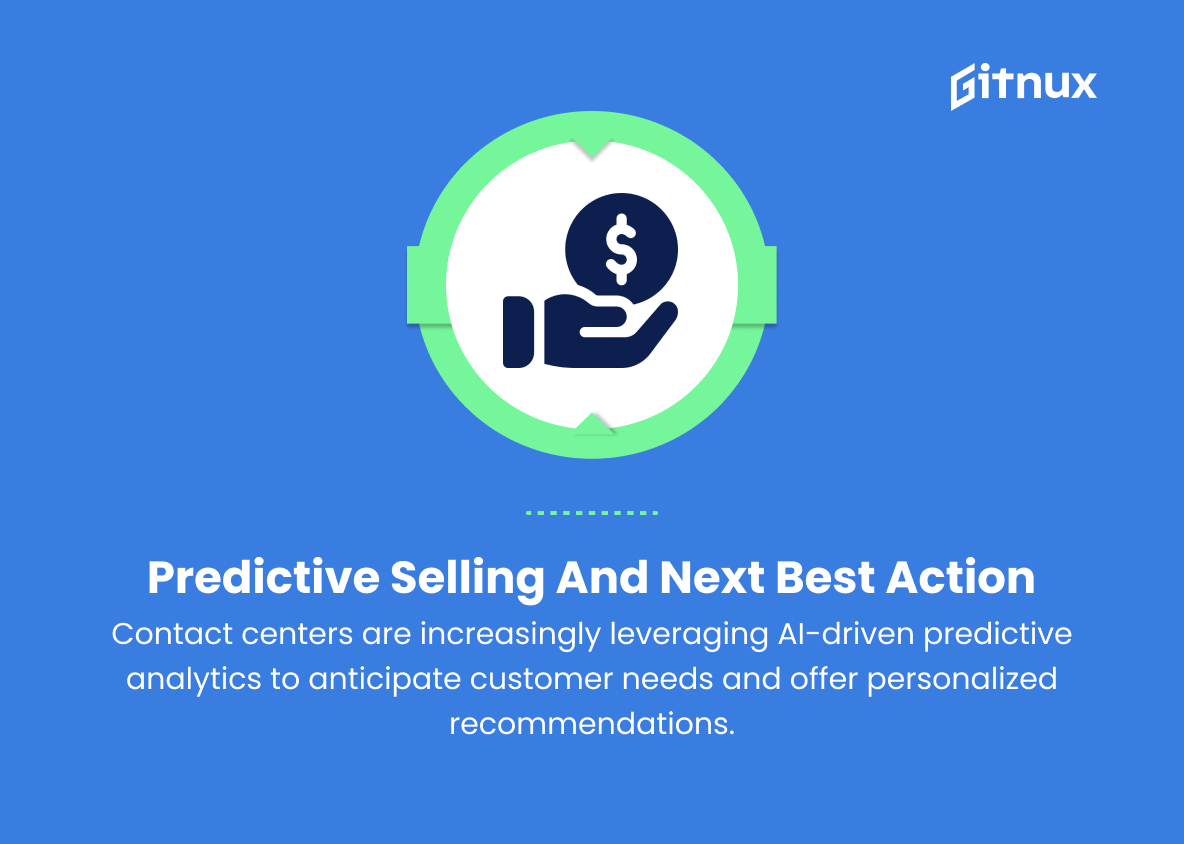In today’s rapidly evolving business landscape, the contact center plays a pivotal role in shaping exceptional customer experiences and driving organizational growth. As companies recognize the undeniable value of human interaction in fostering customer loyalty, keeping abreast of the latest contact center trends has become more crucial than ever. In this insightful blog post, we delve into the most significant developments and emerging technologies shaping the future of contact centers, and explore how these innovations can transform operations, elevate customer satisfaction, and set the stage for long-lasting success.
Top Contact Center Trends
1. Omnichannel customer experience
Contact centers will continue to integrate multiple communication channels such as phone, email, chat, messaging apps, and social media to provide customers with a seamless experience across all platforms.
2. Artificial intelligence (AI) and chatbots
AI-based chatbots and virtual assistants will play an important role in handling routine queries and tasks, allowing human agents to focus on more complex issues.
3. Speech analytics and natural language processing (NLP)
Advanced speech analytics and NLP technologies will enable contact centers to better analyze customer sentiment, identify trends and patterns, and improve agent performance.
4. Remote and flexible working
The COVID-19 pandemic has accelerated the shift towards remote and flexible working for contact center staff, which is likely to persist even after the crisis subsides.
5. Cloud-based contact centers
More businesses will shift their contact centers to cloud-based platforms, thereby reducing operational costs, enhancing scalability, and improving overall efficiency.
6. Personalization through data analytics
Contact centers will increasingly rely on data analytics to understand customer preferences and offer personalized support.
7. Self-service options
Businesses will expand their self-service options using AI and knowledge base solutions to help customers resolve their issues without agent intervention.
8. Video support
With the rise of video conferencing technology, video support will become commonplace for businesses looking to provide a more personal touch to customer interactions.
9. Social media customer support
Social media platforms will continue to serve as important channels for customer support, with customer demands for instant and public responses from brands.
10. Focus on employee engagement and development
A focus on staff training, development, and well-being will become increasingly important in retaining and nurturing talent within contact centers.
11. Internet of Things (IoT) Integration
IoT devices and wearables will enable better customer service through proactive support and real-time data insights.
12. Blockchain technology
Blockchain technology may be used in contact centers to enhance customer data security, authenticate transactions, and improve dispute resolution.
13. Virtual and augmented reality
The integration of virtual and augmented reality in contact center operations will help to enhance training and remote collaboration among staff.
14. Enhanced security and privacy
With increasing cyber threats and data breaches, contact centers will have to put even more emphasis on data security and regulatory compliance.
15. Predictive selling and next best action
Contact centers are increasingly leveraging AI-driven predictive analytics to anticipate customer needs and offer personalized recommendations.
16. Real-time agent coaching
AI-based technologies may provide real-time guidance to agents during customer interactions, helping them improve their performance and resolve issues more effectively.
Implications
As contact centers continue to evolve in the coming years, omnichannel customer experiences will become the norm, with companies integrating various communication channels to offer seamless customer support. AI and chatbots will take charge of simple tasks and queries, while advanced speech analytics and NLP technologies will enable better customization and analysis of customer sentiment. Remote and flexible working will persist even after the COVID-19 crisis, and cloud-based contact centers will become more prevalent, leading to reduced operational costs and enhanced scalability.
Data analytics will play a crucial role in personalization, and businesses will focus on expanding self-service options, with video support and social media customer support becoming increasingly popular. Employee engagement and development will be a priority for contact centers, and IoT devices and wearables will enable more proactive customer service. Blockchain technology may be utilized for enhanced data security and authentication, while virtual and augmented reality will help improve staff training and remote collaboration.
With ever-increasing cyber threats and data breaches, there will be heightened focus on security and regulatory compliance. AI-driven predictive analytics will be leveraged to anticipate customer needs and offer personalized recommendations, and real-time agent coaching will become a reality, with AI-based technologies guiding agents during interactions, enabling improved performance and resolution of issues. These emerging trends will significantly shape the contact center industry, improving both customer experience and operational efficiency.
Conclusion
In summary, the Contact Center industry is experiencing a continuous transformation as a result of rapidly evolving technologies, shifting customer expectations, and an increasing focus on employee engagement. As we have explored the latest trends, it is evident that organizations need to embrace the power of AI and automation, prioritize omnichannel communication, invest in employee development, and cultivate a customer-centric culture to stay ahead in this competitive landscape.
By adapting to these trends and staying informed about emerging innovations in the contact center space, businesses will be well-equipped to meet the demands of both their employees and customers, ultimately fostering loyalty, lasting relationships, and long-term success in the industry.

